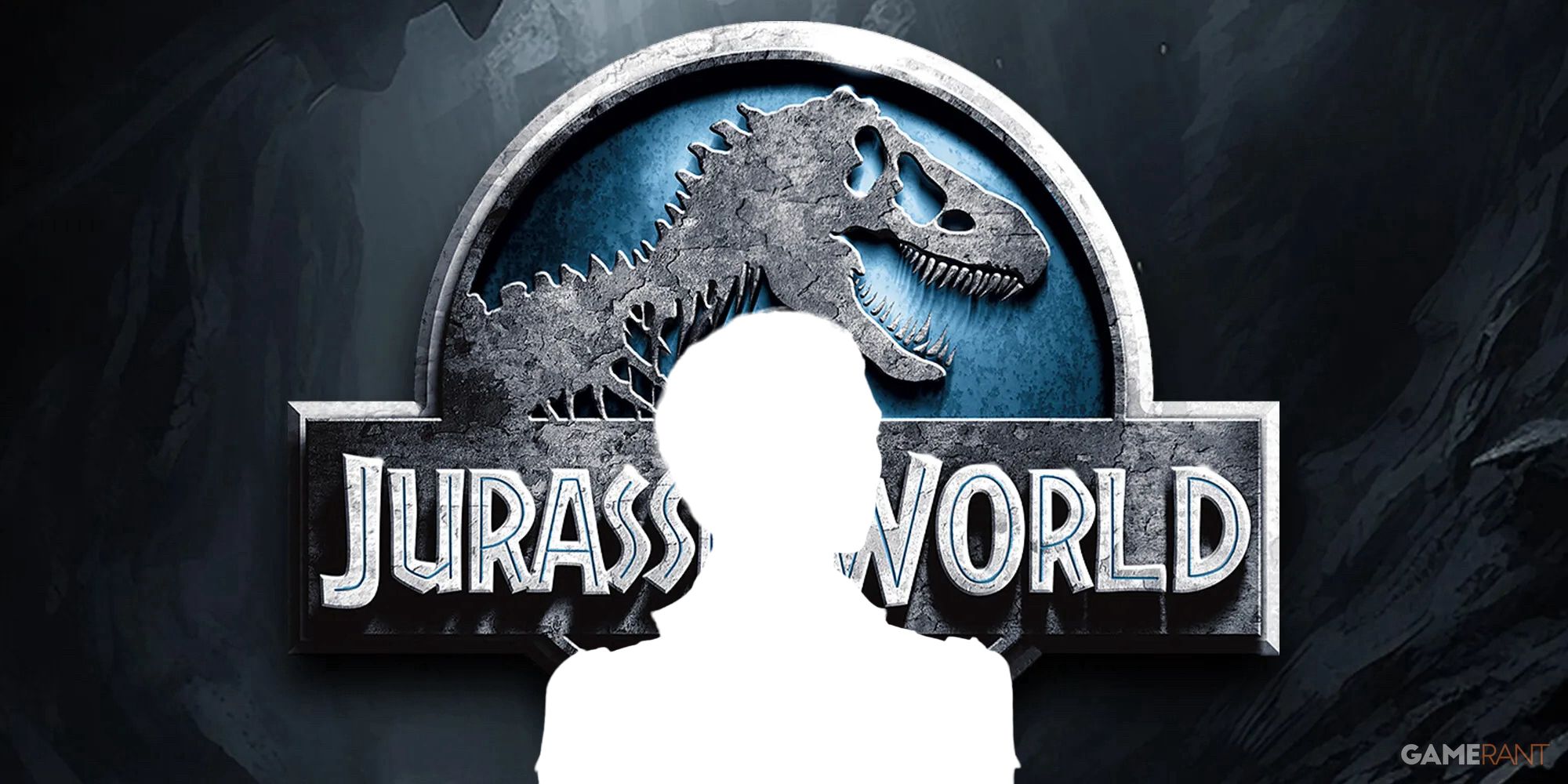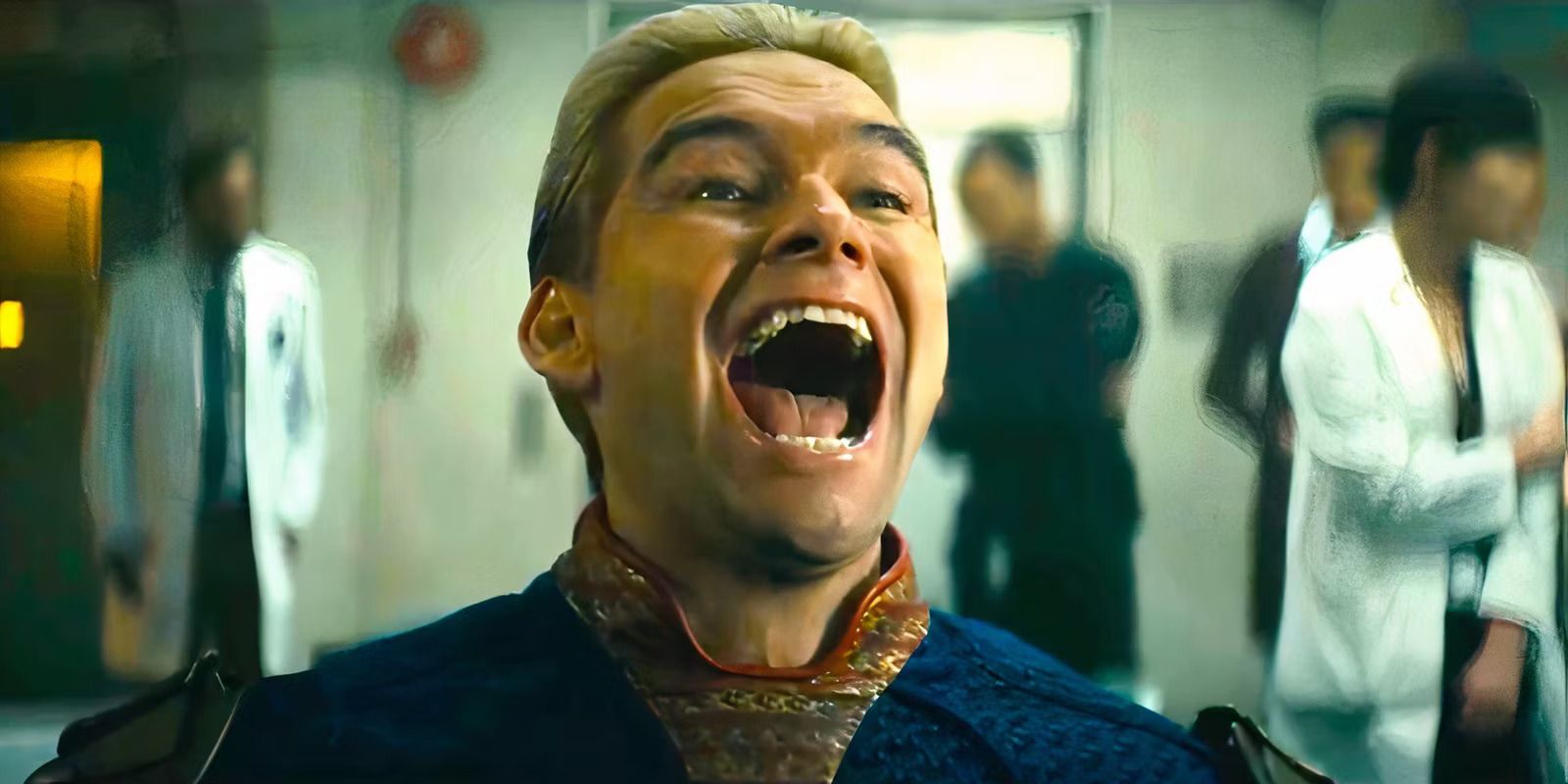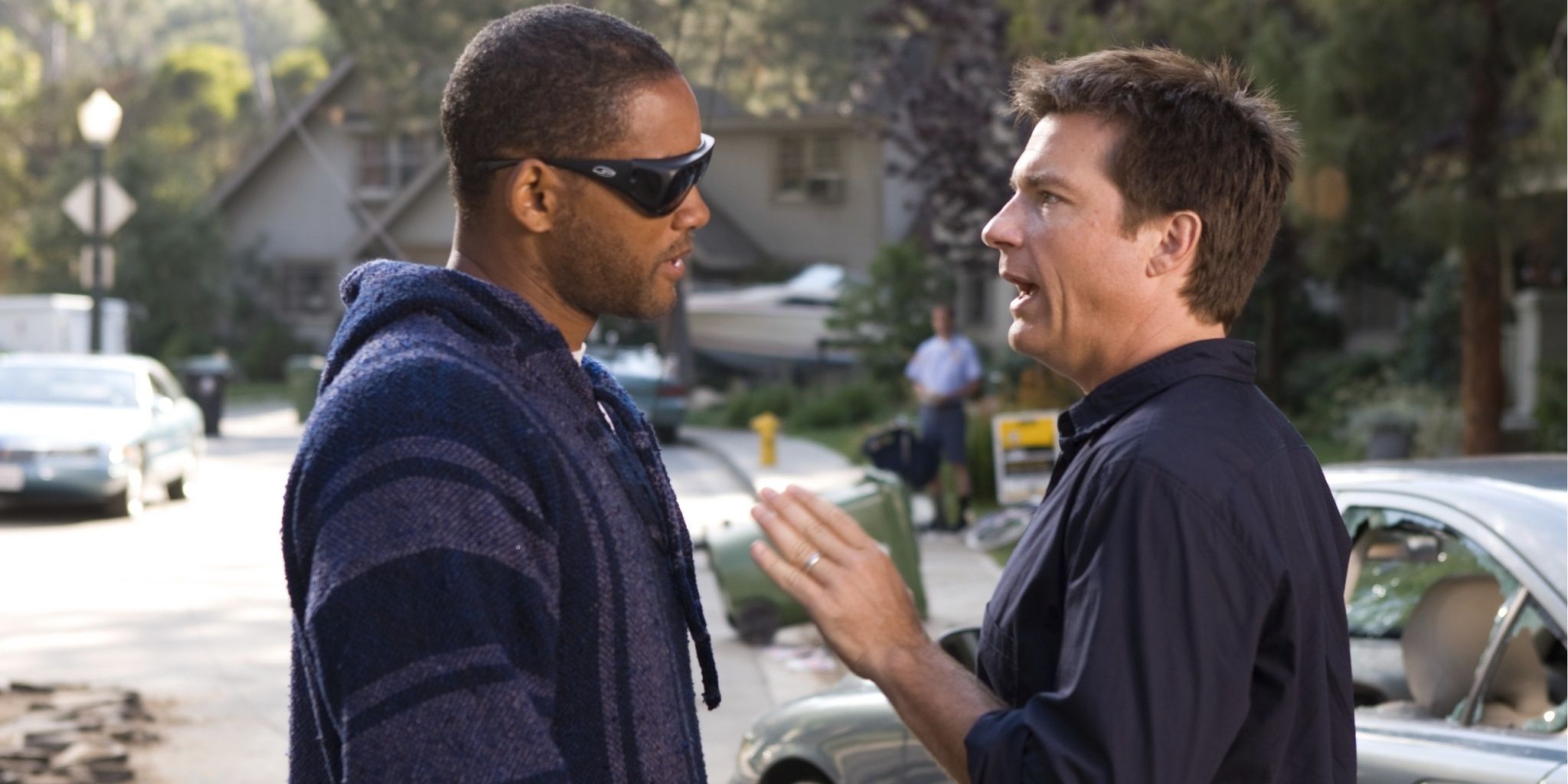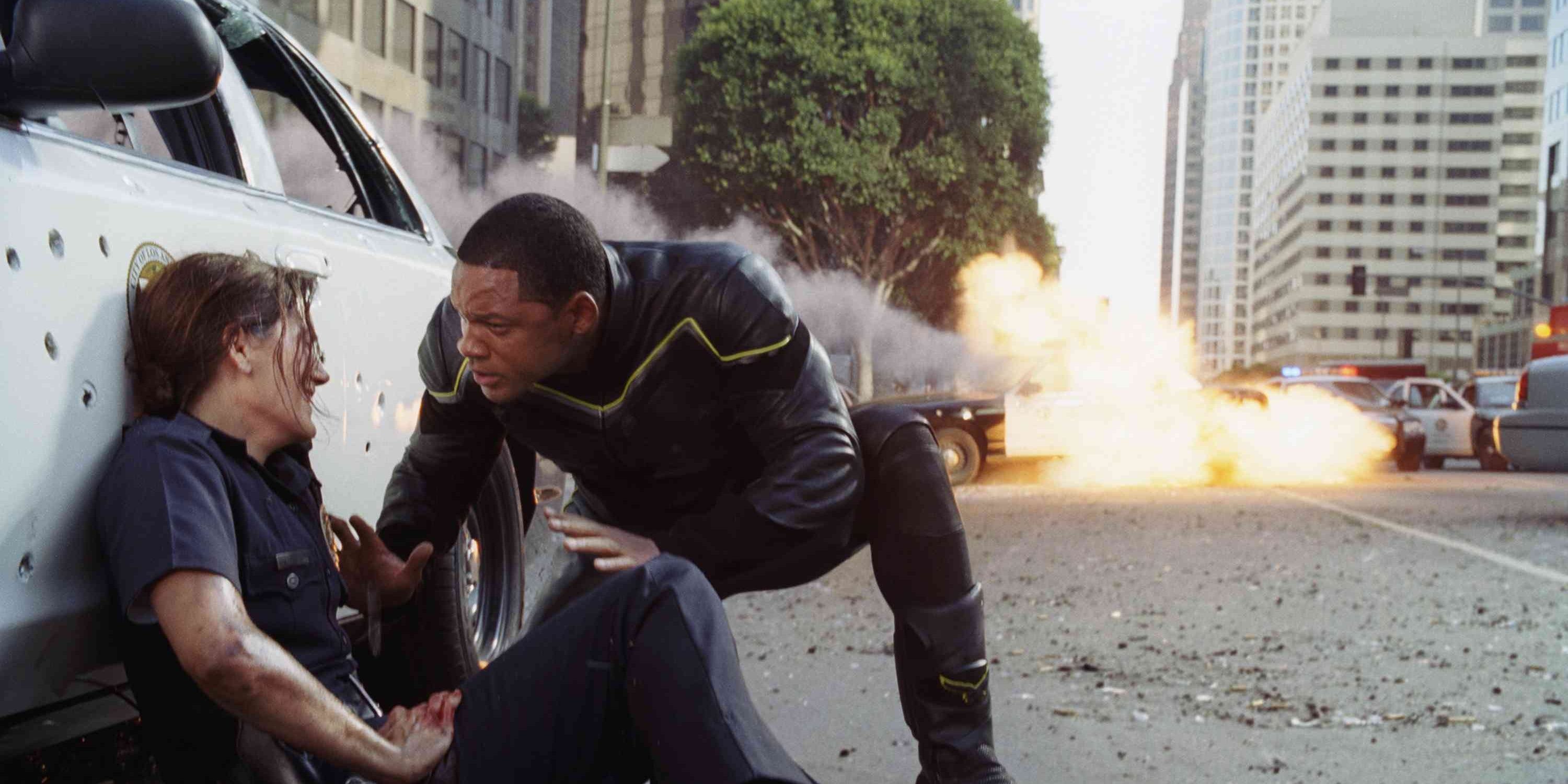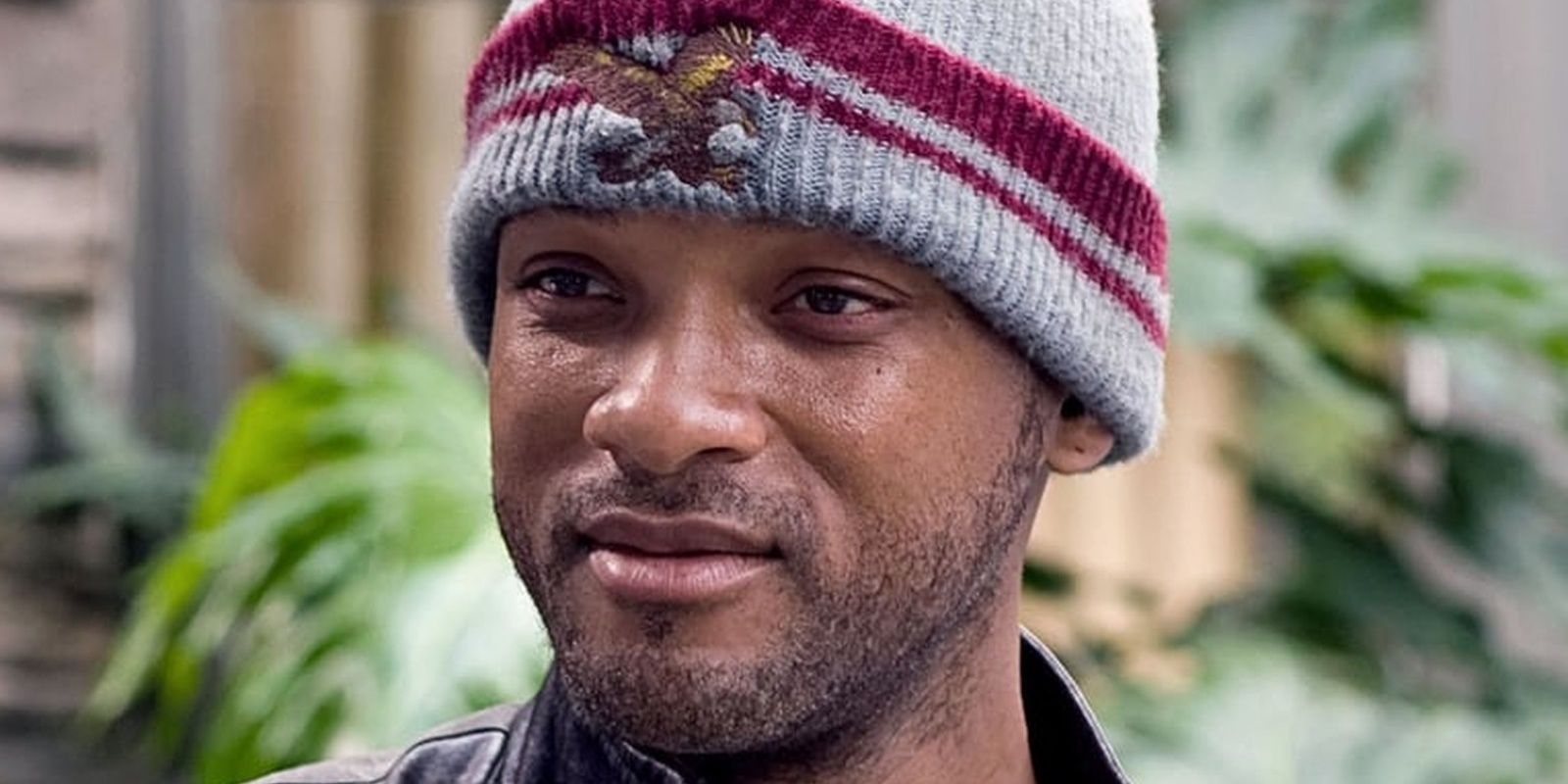Hollywood has a notorious follow-the-leader mentality that tends to fail to give people what they want until someone else figures out that they want it. Even the biggest media empires in the world struggle to innovate before someone else comes along and takes the risk.
The concept of anti-heroes, or superheroes who don't uphold the usual standards of decency, is all over the place right now. James Gunn's Peacemaker centers around an immature murderer with a misguided understanding of justice who learns to become a superhero, and it's one of the most popular series in the world. This is only one part of a larger craze that has consumed a ton of superhero media.
Hancock dropped in 2008, about two months after Iron Man launched the Marvel Cinematic Universe and two weeks before the release of the incredibly beloved superhero classic, The Dark Knight. The film landed between the two in the budget as well as release date, with ten million dollars over Iron Man and thirty-five million under The Dark Knight. The film made a healthy return at the box office but was not well-received critically. Frankly, the most interesting aspect of the film has nothing to do with what happens on-screen. The most interesting story surrounding Hancock starts in 1996 and ends when the film releases twelve years later.
The film that would become Hancock began life as Tonight, He Comes, a spec script written in 1996 by Vy Vincent Ngo. The narrative centered around an alcoholic fallen superhero who takes charge of a troubled 12-year-old kid. The script was noticed and adopted by producer Akiva Goldsman, perhaps best known as the screenwriter for both Joel Schumacher Batman films. The script was picked up by Artisan Entertainment, the iconic studio behind Requiem For a Dream and The Blair Witch Project, in 2002. The studio selected Michael Mann for the project, a well-established and influential figure after his masterful 1995 film Heat and 2001 biopic Ali. Mann, unfortunately, dropped out to direct the 2006 film adaptation of Miami Vice, which went on to decidedly mixed reception.
With Mann off the project, the script entered turnaround and underwent heavy editing. Dave Chappelle was briefly considered for the lead role, but he was not selected. Vince Gilligan, now best known for Breaking Bad but then known as a writer on The X-Files, was brought in to rewrite Ngo's script. Alongside him was John August, the scribe behind the 2000s Charlie's Angels reboots and the live-action Aladdin. Johnathan Mostow, director of Terminator 3, was attached to direct, but later departed due to creative differences. It was at this point that Will Smith joined the film. His involvement required the studio to put the project on hold so that their new star could film I Am Legend in 2006, but with Smith attached Tonight, He Comes was on its way to the screen.
At least it was until Peter Berg was attached to direct and the script underwent another round of rewrites, which also led to the title change. The film was briefly known as John Hancock before dropping the first name. Berg was fresh off the intense military action thrillerThe Kingdom when he joined the project, and the film finally began filming in the summer of 2007. Hancock began life as something Berg compared to Leaving Las Vegas, but what it became was an irreverent comedy about a hero with some problems. Tonight, He Comes was something akin to a character study of a terribly unwell, morally bankrupt, debatably dangerous man gifted with superhuman abilities. It's interesting to wonder whether Tonight, He Comes would've been made as intended if the script was written today. One also wonders whether the release of Hancock affected that change.
Hancock released immediately before the superhero craze really kicked into full gear, but popularity for the genre was beginning to emerge. In the modern-day, it seems like every other superhero movie or series is about a morally questionable metahuman struggling to do their version of the right thing. The multiple rewrites of Ngo's original script occurred almost entirely to make it lighter, more family-friendly, or more uplifting.
The film was edited and resubmitted multiple times to the MPAA to get a PG-13 rating, but the problem was mostly language and crude humor. Though the idea of an amoral Superman predated Hancock by decades in the comics, seeing it on the big screen was a new concept that the film had to struggle mightily to achieve. It's hard to imagine a film this underwhelming being this significant, but it's also hard to imagine The Boys or even Venom releasing today without it.
Hancock is a deeply imperfect movie, mostly remembered today for lame immature gags, but the cultural legacy it left behind is much bigger than the film itself. How fitting that a movie like Hancock would only be interesting before it was released and after it ceased being relevant.


